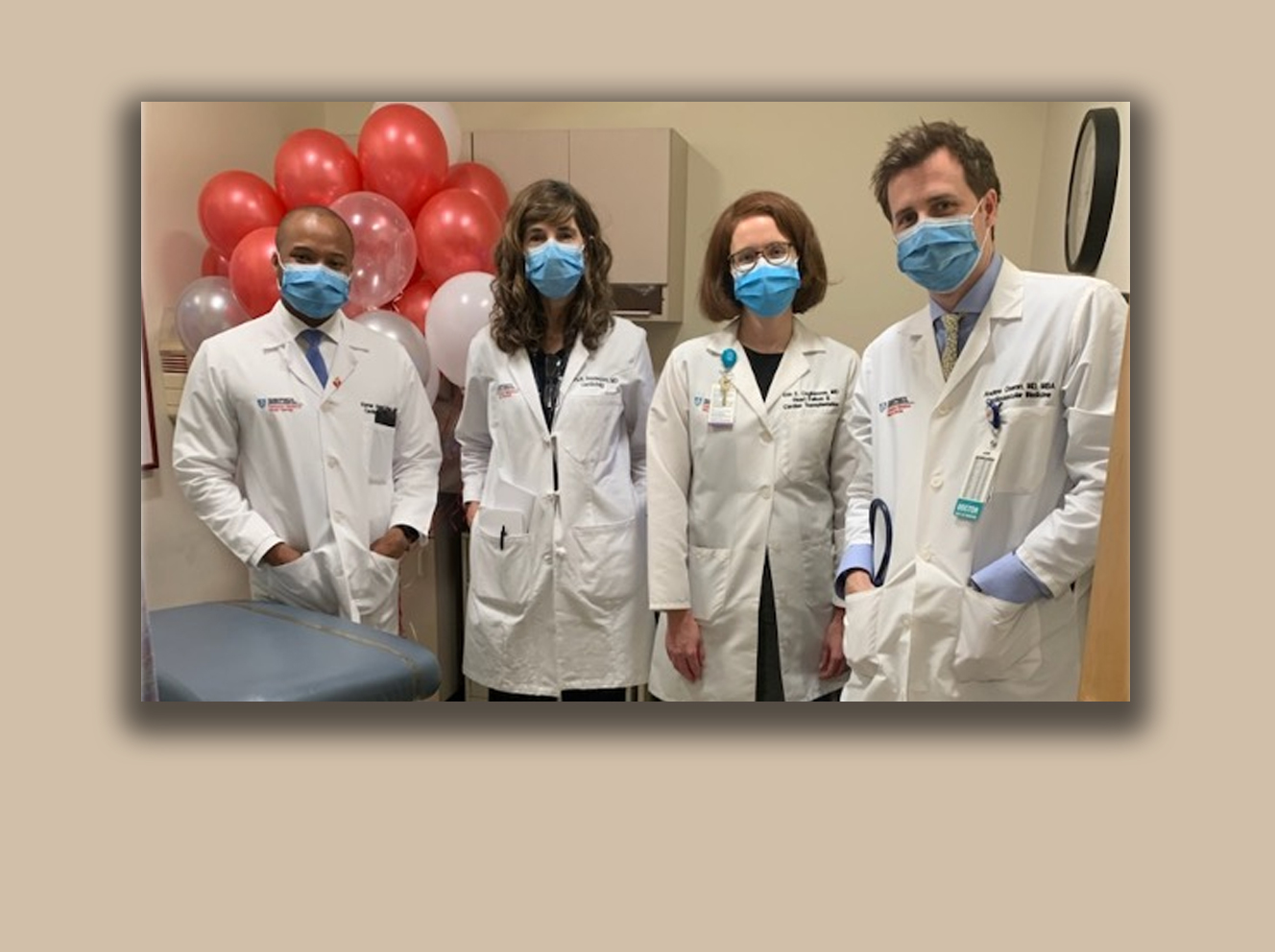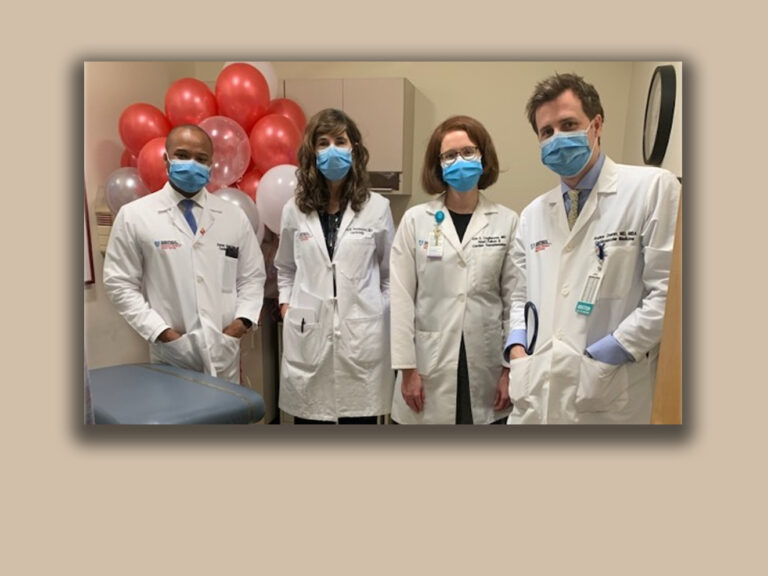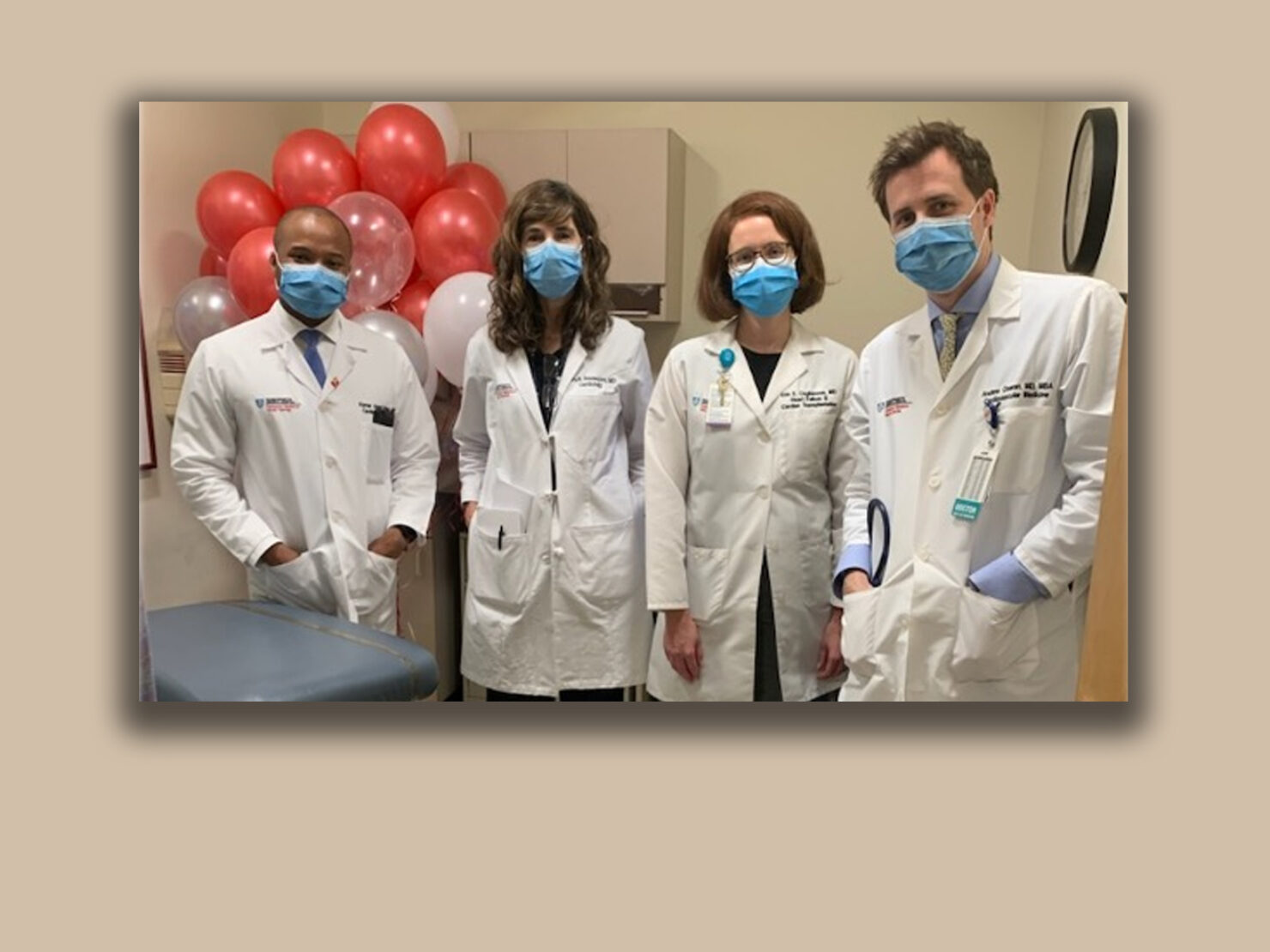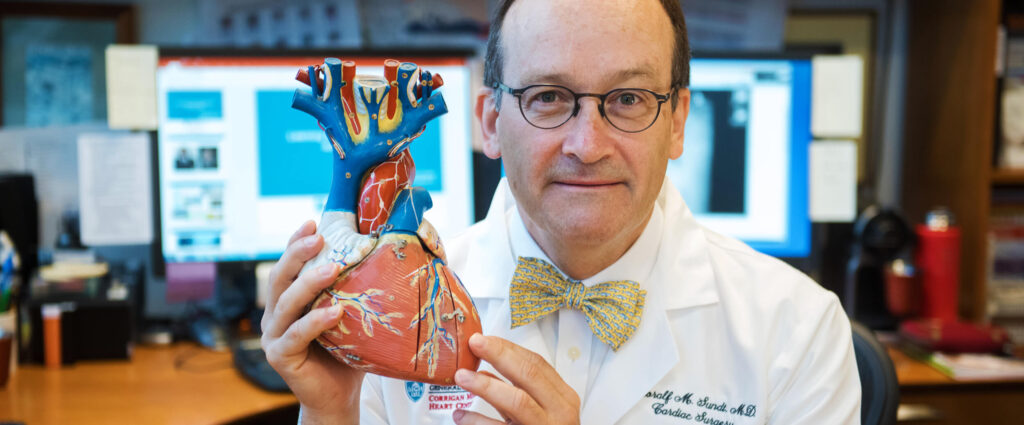Heart disease is one of the largest causes of mortality and illness in Greater Boston, but drilling down into which Bostonians and residents in surrounding communities are most affected reveals yawning gaps in cardiovascular health. The Boston Public Health Commission’s “Health of Boston 2023: The Heart Disease Report” found that heart disease hospitalization rates for Black men were 77% higher compared to their white counterparts, while rates for Black women were more than double that of white women — and 25% higher for Hispanic women than for white women. Neighboring cities like Chelsea and Revere, which have significant Black and Hispanic populations, face similar disparities.
“By moving the excellence we’re known for into the communities that need it most, we can start to address and solve these pressing cardiac issues.”
To help close those gaps, clinicians and researchers at Massachusetts General Hospital are deploying a holistic, community-based approach. The hospital has opened local heart health clinics at Mass General Charlestown HealthCare Center, Mass General Chelsea HealthCare Center and Mass General Revere HealthCare Center to focus on community cardiac care, including heart failure — which affects Black patients more than any other population — and to offer Spanish language services. Overall, these clinics are making it possible for Mass General to meet patients where the need and disparities are the greatest.
“We need to take our mission — to improve the health of the communities we serve — quite literally,” says Oyere Onuma, MD, director of Mass General’s Global Cardiovascular Health Program and associate director of Cardiology Diversity and Health Equity. “By moving the excellence we’re known for into the communities that need it most, we can start to address and solve these pressing cardiac issues.”
Refusing to Fail
When Kemar Brown, MD, arrived at Mass General as a general cardiology fellow, he quickly realized that patients from under-resourced communities were not adequately accessing heart failure care, despite having greater incidence, prevalence and worse heart failure outcomes when compared to other groups. Dr. Brown sees three types of patients with heart failure: patients who have heart failure but can function in their daily lives; patients in what he calls “the Goldilocks zone,” who are declining but haven’t reached the point where other organs start failing; and patients who are too debilitated to tolerate a major transplant surgery. In his eyes, too many patients were seeking care late and were unable to gain access to advanced heart failure care.
“When I talked to patients in the community, they thought they weren’t good enough to go to Mass General, that the hospital and Boston itself were overwhelming,” Dr. Brown says. “We needed to build a referral pipeline from community health centers, where patients can get care close to home and make their way back to Mass General if they need access to more advanced care such as inotropic support, durable ventricular assist devices and cardiac transplant.”
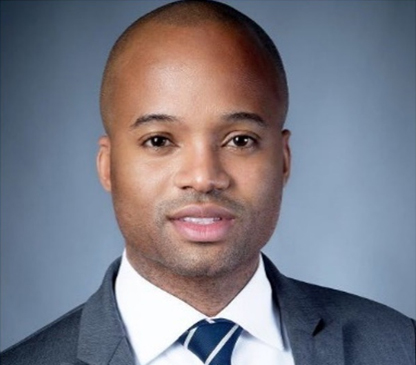
Thanks to a Mass General community outreach grant, Dr. Brown launched a heart failure clinic at Mass General Chelsea to identify patients living with the condition, chip away at their barriers to care and provide resources that prevent hospitalizations. So far, Dr. Brown and his team have identified about 600 patients living with heart failure in Chelsea who have not yet seen a specialist. The heart failure clinic is open every Friday to provide space for those patients, and Dr. Brown — along with clinic co-founder Erin Coglianese, MD — typically sees six to eight of these patients each day when they are there.
“That’s why we’re out there, to be the boots on the ground and get them the medication and care they need. With those medications, we can reverse the negative effects on the heart,” Dr. Brown says. “Ultimately, we provide a bridge between Mass General and the community. These are patients who actively need our support.”
Funds from the Mass General community outreach grant and sponsorship from the American Heart Association also helped purchase 100 blood pressure cuffs and 100 scales for the clinic, which Dr. Brown says are simple surveillance tools that can make a dramatic difference in keeping patients from being hospitalized. Since major basic, clinical, and translational studies have gross underrepresentation of Black and Hispanic populations, he is also conducting research to better understand barriers and why these groups are more prone to heart failure in the first place.
Speaking Their Language
Jona Ludmir, MD, grew up speaking Spanish at home with his Peruvian family, learning English in preschool. When he joined Mass General and learned about the many Spanish speakers who live in Chelsea and East Boston, he told his colleagues he was happy to receive cardiology referrals for those who spoke the language. His clinic quickly filled up.
In those interactions, Dr. Ludmir also saw how patients received outstanding care at Mass General’s main campus immediately following heart attacks. But language barriers, gaps in health literacy and other social determinants of health — the conditions into which people are born and live that shape their health — prevented them from accessing the same quality in follow-up care.

To overcome those hurdles, Dr. Ludmir and his colleagues have established a Hispanic Cardiovascular Clinic to help patients navigate the complexities of cardiac care without the risk of intricacies or importance getting lost in translation. The Hispanic Clinic is staffed by Spanish-speaking patient service coordinators, medical assistants and physicians. The clinic is located in both the Mass General main campus and Chelsea.
Over the last six months, the Hispanic Cardiovascular Clinic has seen more than 100 patients at both locations. They have also used those visits to screen for mental health conditions, since patients with heart disease have a higher risk of anxiety and depression, and for social determinants of health. The clinic streamlines referrals to the Mass General Hispanic Psychiatry Clinic when appropriate.
“We’ve seen that satisfaction and outcomes are better when the provider and patient speak the same language,” Dr. Ludmir says. “And if we can move care into the community that needs it, then we can move care forward and make a bigger impact.
“I’d love to see us replicate this model of care delivery for other important local languages, like Haitian Creole and Portuguese,” says Dr. Ludmir, who also speaks Hebrew, when thinking about the future of the program. “I would like to be able to serve everyone in their language of choice.”
The Long Game
Dr. Onuma, who previously managed programs for global cardiovascular health at the World Health Organization, sees several cardiac care parallels between underserved Boston neighborhoods and under-resourced countries around the world.
“Heart disease is one of the fields of medicine where we know the most,” she says. “We’ve made so many strides over the last three to five decades in ways I don’t think other areas of medicine have been able to match. But, over time, we haven’t been able to apply these innovations equally, either here in the United States or around the globe.”

For Dr. Onuma, that disparity reinforces her commitment to investing in community heart health. Whether it is opening local cardiology clinics, recruiting patients for hypertension studies at barber shops, hair salons and churches, or inviting Boston Public School students to learn more about careers in cardiology, she sees Mass General making slow but steady progress in what she describes as “mission critical” work.
“Sometimes it seems like we’re making a small change — but if you apply that change to thousands or even millions of people, you can see a significant impact,” she says. “And for an individual patient, what you do can make an incredible impact in the life of one person. That’s what keeps me going.”
To learn more about or to support Mass General’s heart health efforts, contact us.

